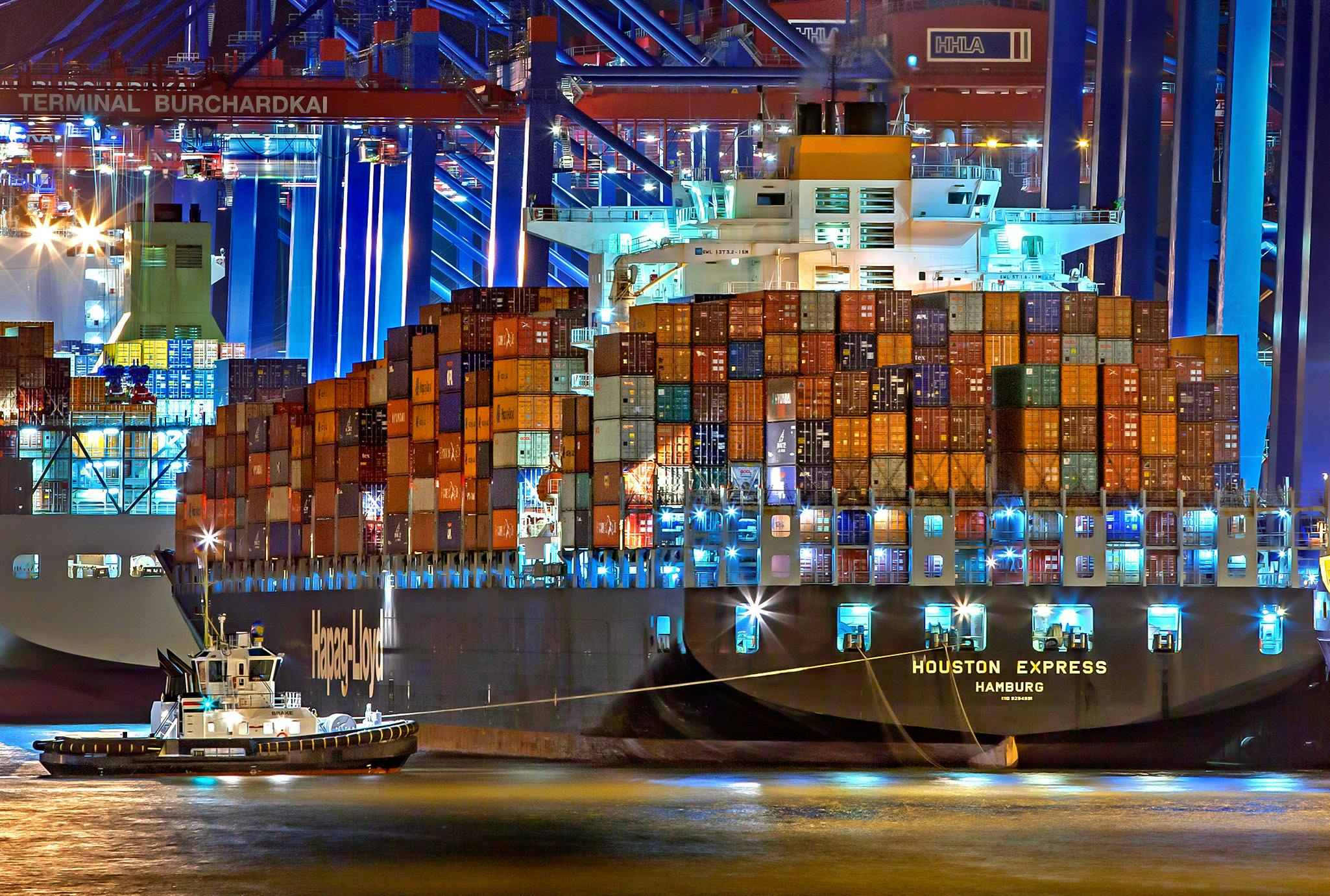Update : May 20, 2024
The impact of geopolitical tensions on global shipping is profound and multifaceted, affecting everything from trade routes to shipping costs and regulatory compliance. Conflicts and political instability in key maritime regions can disrupt major shipping lanes, leading to delays, rerouted vessels, and increased transit times. For instance, tensions in the South China Sea or the Strait of Hormuz can significantly affect the flow of oil and goods, driving up insurance premiums and freight rates due to heightened risks.
Impact Of Geopolitical Tension
The first step towards safe and efficient hazardous materials storage is a thorough. Here's what you need to consider:
Sanctions And Trade: Sanctions and trade restrictions imposed by countries can further complicate logistics, forcing shipping companies to navigate a complex web of compliance requirements and potential legal liabilities. Moreover, geopolitical tensions often lead to fluctuations in fuel prices, impacting operational costs for shipping companies. Additionally, the threat of piracy in unstable regions adds another layer of risk, necessitating increased security measures and coordination with international naval forces. Overall, geopolitical tensions inject a high degree of uncertainty into global shipping, requiring companies to remain agile, diversify their routes, and invest in robust risk management strategies to maintain supply chain resilience.
Geopolitical Tension:geopolitical tensions can lead to regulatory changes that affect shipping operations. Governments may impose stricter controls on vessel movements, cargo inspections, and port operations in response to security threats or political disputes. These regulations can slow down the processing of shipments, increase compliance costs, and require shipping companies to invest in additional resources to meet new standards.

Shipping Companies: shipping companies are increasingly adopting advanced technologies to enhance their resilience. Predictive analytics and real-time data monitoring enable better risk assessment and decision-making. Diversifying trade routes and building flexible logistics networks also help mitigate the impact of geopolitical tensions.